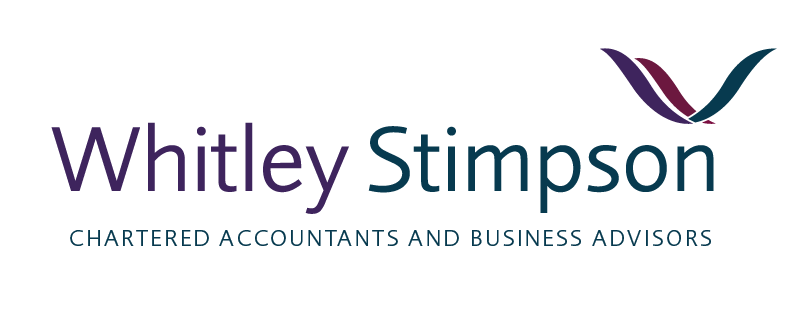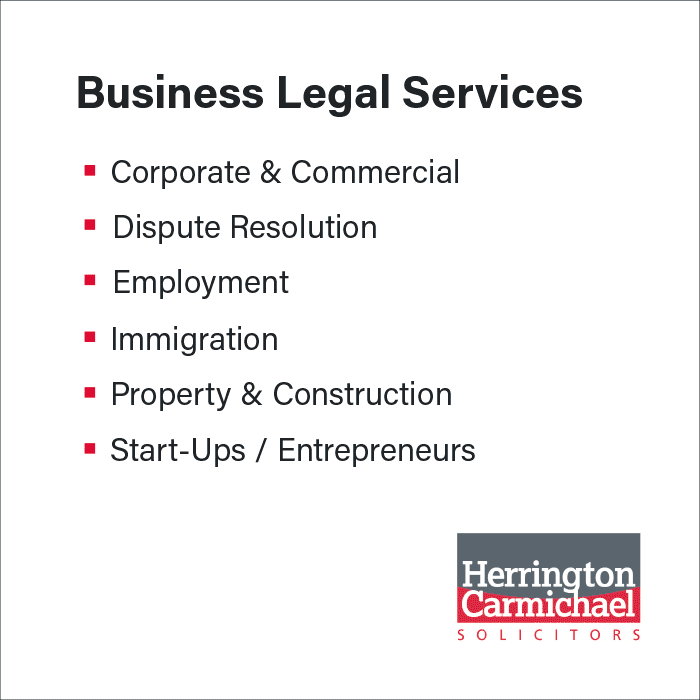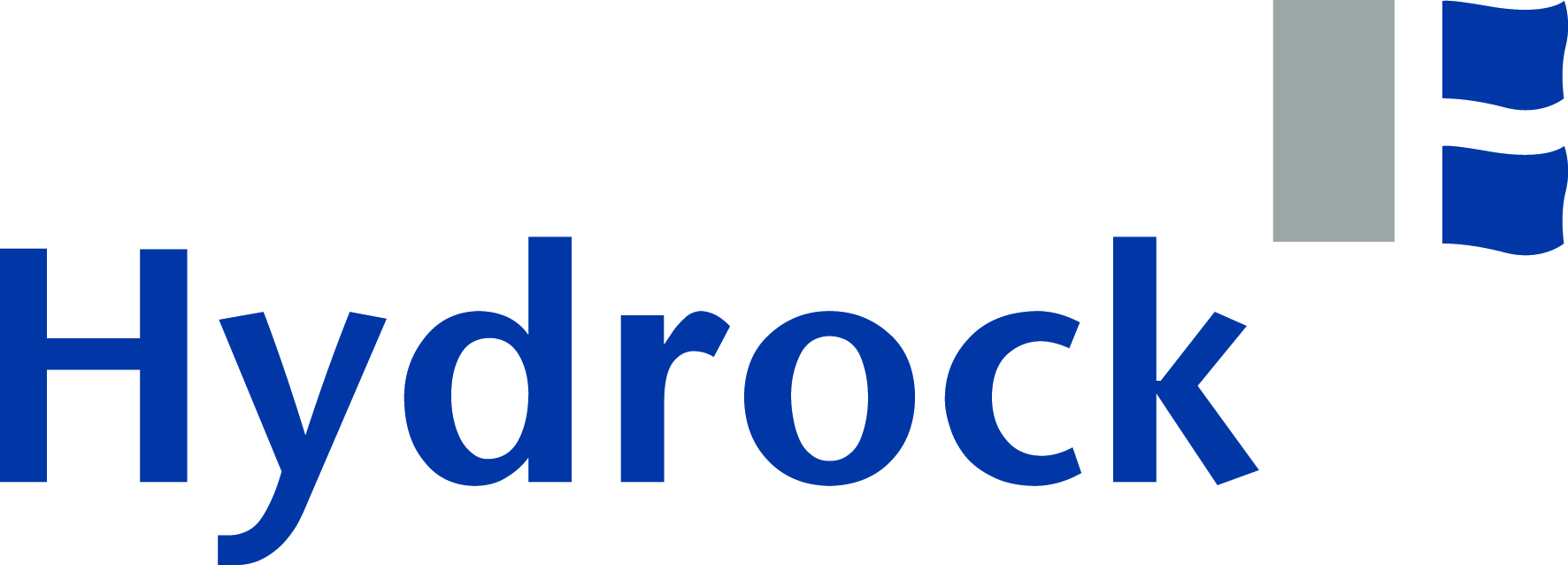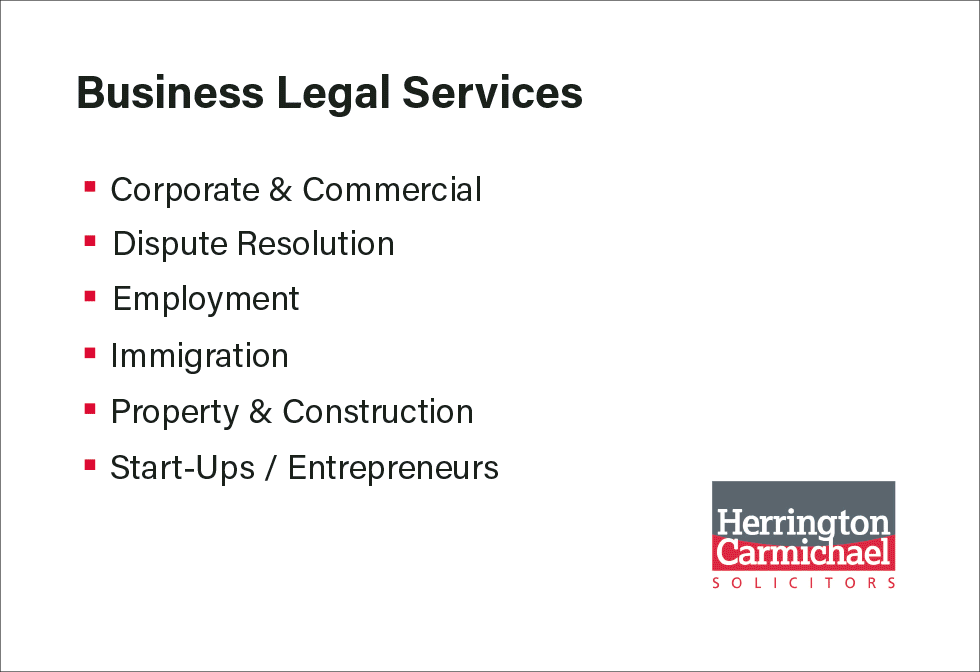How to benefit from fair shares for all

Share ownership schemes can offer fantastic incentives for both employer and employee, writes Jonathan Walton, Director at Whitley Stimpson.
They can help make a business more productive, profitable and resilient while attracting and retaining staff more easily. Succession planning is more effective while equity funding particularly for management/employee buyouts is handled more efficiently. Employees feel they have more influence and can also receive tax-efficient, enhanced remuneration packages.
There are several options. An approved scheme has tax advantages for employee and employer over an unapproved scheme but can be less flexible and there are qualifying rules. Also, by owning shares, employees can benefit from voting rights and dividends.
Consider Capital Gains Tax (CGT) rates on share sales are currently 20 per cent, falling to 10 per cent where Business Asset Disposal Relief (BADR) applies. Compare that to the highest rate of income tax at 45 per cent plus National Insurance contributions and the advantages are clear.
Share rewards schemes include:
Enterprise Management Incentives (EMI)
Applicable to smaller, fast-growing private companies, conditions include having fewer than 250 employees and less than £30m of gross assets. Gains made by employees are subject to 10 per cent CGT and an individual can be granted up to £250,000 of discounted options.
There is a £3m company limit on share values while certain professions such as banking, insurance and property development don’t qualify.
Company Share Option Plans
There are no limits on company size or employee numbers. Employees are limited to £30,000 of options granted at market value while any gain is only exempt from income tax if options are held for at least three years.
Unapproved options
No initial tax cost up-front. Any gain on liquidation is taxed as employment income.
Approved all-employee schemes
These involve the share incentive plan (SIP) and the save as you earn (SAYE) scheme. SIPs allow employees to acquire shares with employers able to top up. Shares are then held in trust for a minimum period and don’t attract income tax.
SAYE involves employees buying discounted shares. A savings plan is established over three or five years with no income tax payable.
Direct share acquisition
A nominal sum needs to be paid and if shares are not readily convertible at acquisition, the discount will not be subject to PAYE/NICs but taxable via self-assessment.
Growth shares
A new class of shares must be created. Shareholders are only entitled to a distribution of capital on a sale once a particular financial hurdle has been achieved. Any increase in share value is subject to CGT.
Jointly owned shares
An employee and an Employee Benefit Trust (EBT) jointly own shares. The trust is entitled to the initial value and administrative costs and the employee benefits from growth.
Business Asset Disposal Relief
Where an employee owns five per cent of the share capital for at least two years prior to sale, they should qualify for BADR and a 10 per cent rate of CGT.
Employee Ownership Trust
Employees gain a controlling interest in the company though a trust. The company can then pay tax-free bonuses to employees of up to £3,600 a year.
In all these schemes the messages of succession and retaining and incentivising staff are the same. It’s about creating a sense of belonging. We can provide you with clear, jargon-free, professional advice to help you work out which scheme will work best in your business.
For more information, please contact Jonathan Walton [email protected]
And for more information about how Whitley Stimpson can support your business visit www.whitleystimpson.co.uk
Banbury | Bicester | High Wycombe | Witney














